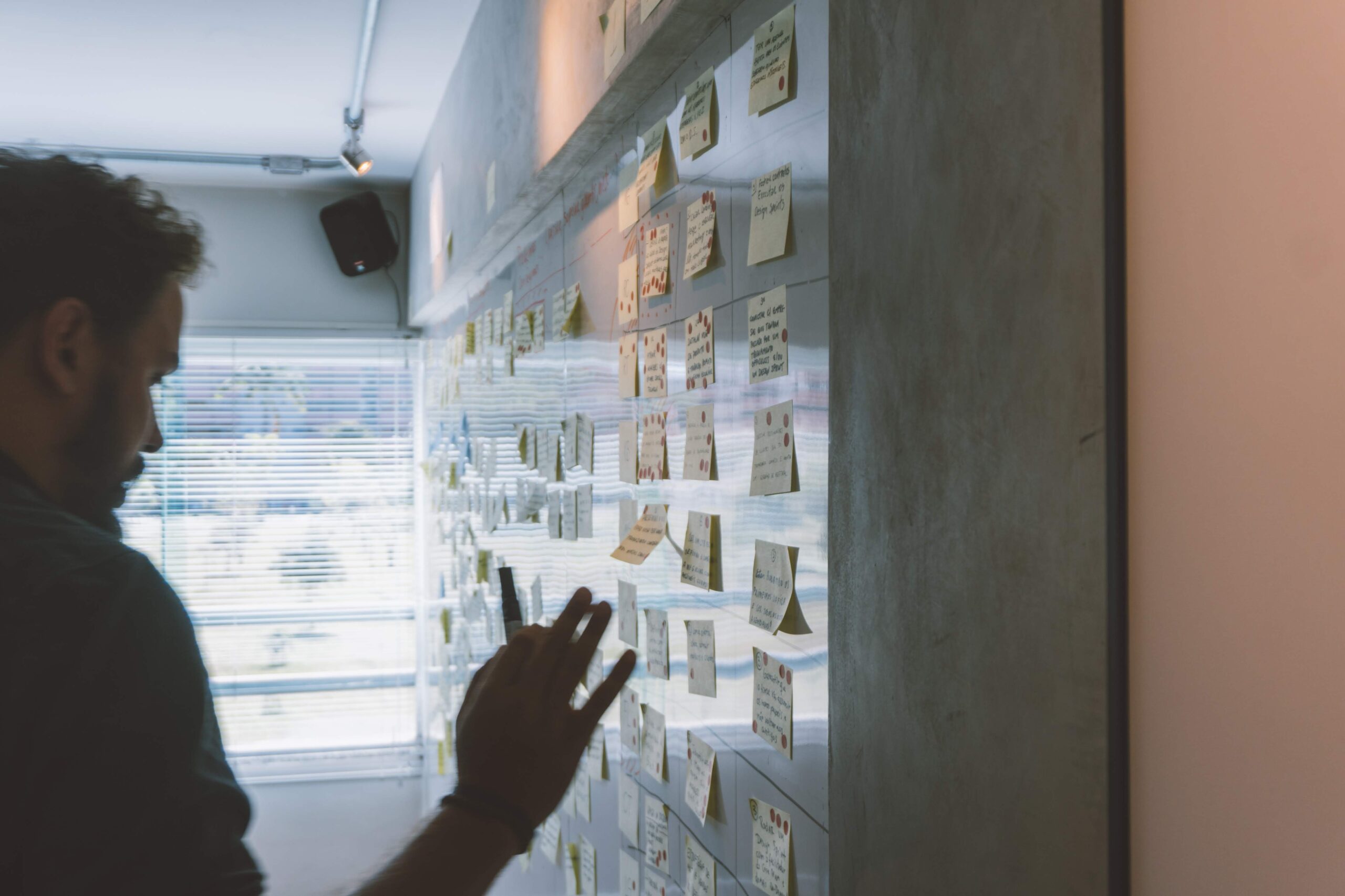
Why are we so passionate in our support for EMDR research? …. It is research that guides and empowers the work in our offices day by day. – Jim Helling for Western Mass EMDRIA Regional Network
The Western Mass EMDRIA Regional Network sponsors an annual “State of the Art EMDR” conference fundraiser, now in its 13th year. We host between 150 and 200 on-site participants for this one-day event and also produce a live webstream which allows us to connect with EMDR therapy colleagues from across the USA and Canada as well as from EMDR Ibero-America, EMDR Europe and EMDR Asia. The success of our conference as a fundraiser has allowed us to provide financial support to EMDR humanitarian efforts, both locally and globally, and also to fund conference scholarships for clinicians of color as part of the effort to bring greater diversity and inclusiveness to the EMDRIA community in this country.
But this evening the spotlight is on our commitment to and support for the growth of knowledge and the refinement of practice through our donations to the EMDR Research Foundation. I’m grateful to have the opportunity to explain why we are so passionate in our support for EMDR research.
I am principally a clinician, my Steering Committee colleagues are clinicians, and our conference has always been focused on enriching and informing clinical practice for our participants. After 25 plus years of development, the EMDR therapy community, led by EMDRIA and its sister organizations worldwide, is a global community of practice. By its nature, clinical practice is an ongoing process of action, observation, reflection, inquiry, investigation, learning and refinement.
We go out of our way to support the EMDR Research Foundation because we see research as an integral part of the self-reflective process of a healthy community of practice.
EMDR therapy is based on a dynamic model of adaptive action. What we call information processing is an ongoing, adaptive, predictive/corrective process in which living organisms are actively engaged. The AIP model focuses our clinical attention on how well informed, well organized, well integrated and flexible actions are. Healthy adaptation involves cascading, multi-level cycles of action, feedback, reflection and refinement.
The global EMDR community of practice is itself a living organism that needs a healthy adaptive information process to grow, develop, self-correct, and sustain high levels of integrative action.
Research, I want to suggest, is the deliberate, systematic, dynamic, dialogical, self-reflective life blood of the living organism that is EMDR therapy community.
The energy to research, the impulse to explore and understand, comes from the spirit of seeking, the magnetic pull of curiosity, the imperative to learn, and the openness to change that is alive in all of us, both as individuals and as a community of inquiry and practice.
The Western Mass EMDRIA Regional Network is committed to an engaged and robust self-reflective, self-corrective process for the EMDR community. That’s why we support greater inclusiveness for EMDRIA. That’s why we support efforts to improve global access to EMDR services. And that’s why we support the vital work of the EMDR Research Foundation. Because the quality of our self-reflective action is a function of how willing we are to examine what we do, test what we believe, and remain open to what we have not yet seen.
As practitioners, we have an obligation to be responsible and accountable in our work with vulnerable people. Beyond that, to responsibly innovate, we must keep ourselves honest even as we push envelops to reach the most challenging, impoverished, underserved and marginalized people in our home communities and around the world.
- It is research that lets us speak with confidence and authority about what we have to offer as EMDR clinicians.
- It is research that supports 3rd party authorizations for care and payment for the services we provide.
- It is research that gets us longer sessions or more frequent sessions when needed.
- It is research that will lead public practice, governmental and international organizations to embrace EMDR therapy as an indispensable component of an efficient and effective health care system.
- It is research that will help us to develop safe, effective approaches to intensive treatment and demonstrate the efficiency of EMDR therapy.
- It is research that is helping to articulate standards of training, practice and professional development.
- It is research that show us how to adapt EMDR therapy across cultures and social contexts.
- It is research that will move EMDR therapy training into academic programs for new and young practitioners.
- It is research that will help us to listen to underserved and diverse peoples as we work together to find culturally responsive ways to adapt our work and meet a broader range of human needs.
- It is research that shows us the limits of our current understanding, tempers our excitement about the potency of DAS and the AIP model, and reminds us to approach all people with humility and respect.
- It is research that will allow us to push back effectively when professional sectarianism hobbles the ability of institutions and systems to fulfill their mission and duty of care, whether in the VA, academia, the for-profit healthcare industry, non-profit agencies, or international humanitarian organizations.
- But most fundamentally, it is research that guides, grounds and empowers our work in our offices day by day. Research is the purposeful expression of our commitment to professional self-reflection and an indispensable resource in the ongoing effort to self-regulate our practice.
I urge you to embrace this vision of how research vitalizes our practices and our community. Consider joining the Research Foundation’s Visionary Alliance. Make a donation to support and sustain the growth, development, and adaptive well-being of our global community of service.

